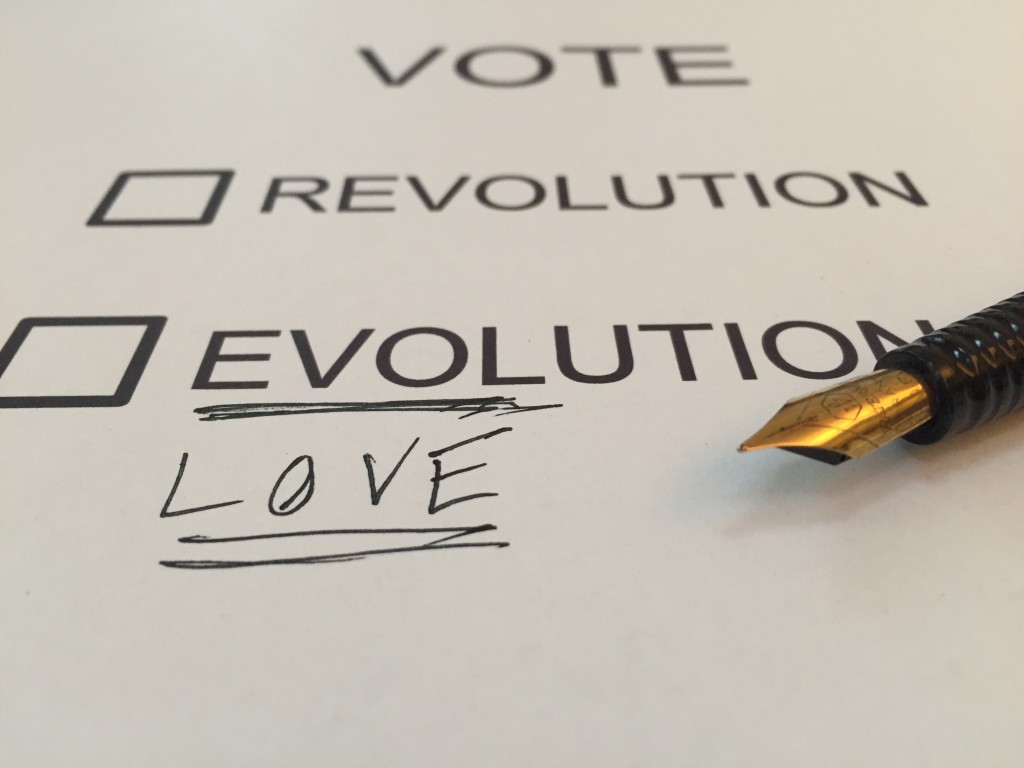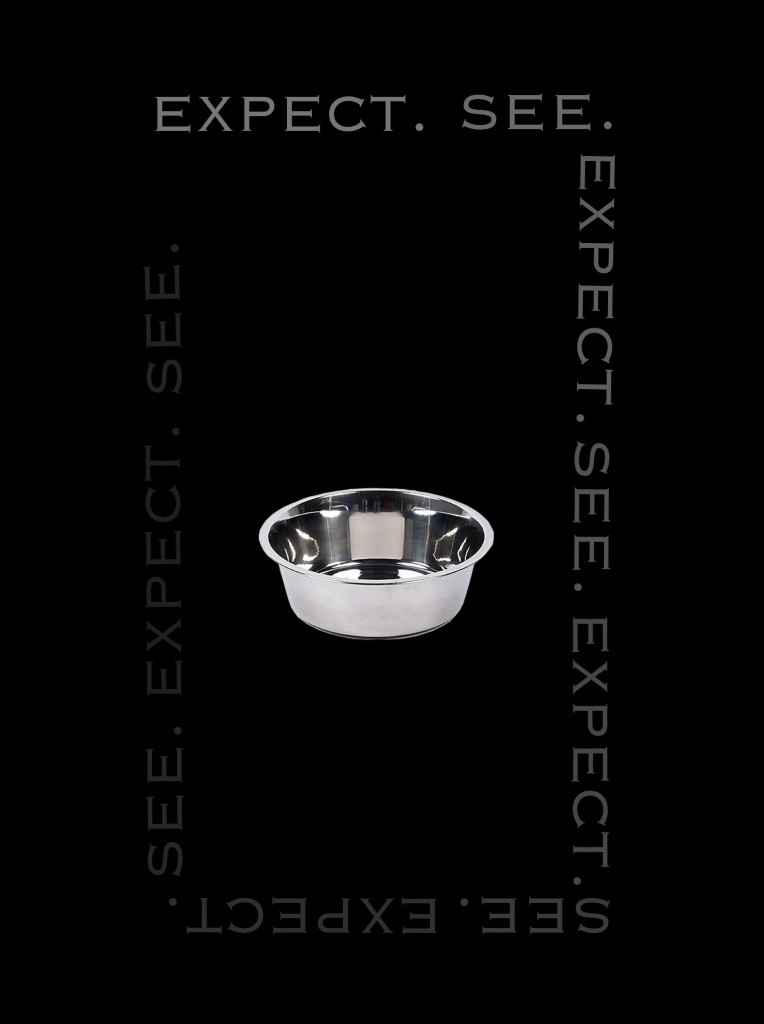[This article has also been published on the Huffington Post.]
Many of us are heaving a sigh of relief that this presidential election 2016 is drawing to a close, yet we also know that the hostilities that have been playing out in our nation these last many months are not simply going to evaporate after the last poll has closed and the last vote tallied.
We are going to be left with some important work to do — and we are going to need to be clear about what we are dealing with.








